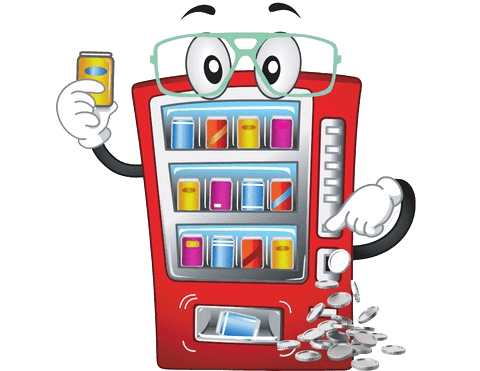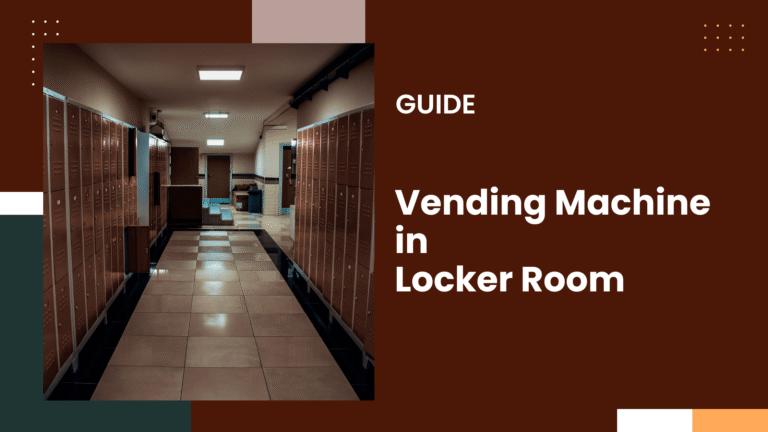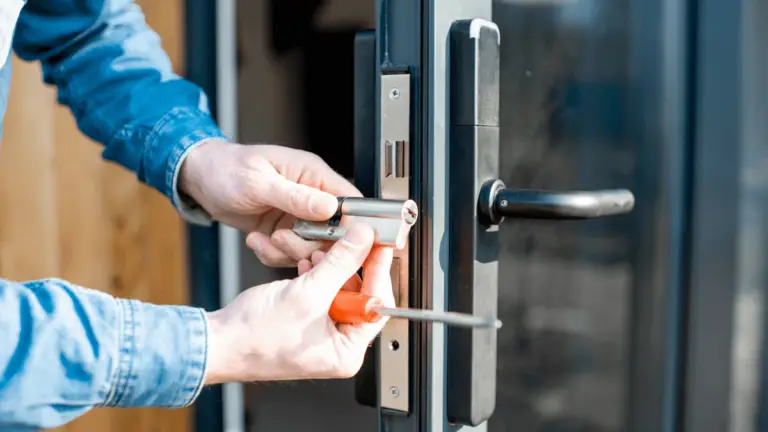Chinese Dog Bath Vending Machine | Step-By-Step Tutorials
Chinese Dog Bath Vending Machine is a self-service Dog wash unit offering timed shampoo, rinse, and dry cycles. Costs run $4,000–$9,000, with U.S. setup needing plumbing, permits, and compliance checks.
Chinese Dog Wash Vending Machine — User & Business Guide
Self-service pet wash stations: how they work, user steps, business case, setup, compliance and U.S. vs Chinese/EU comparisons.
What is a dog bath vending machine?
A self-service pet wash station: an enclosed chamber that washes, rinses, dries and optionally grooms dogs. Users place their pet, select a program, and the machine runs an automated cycle — quick, convenient and often cheaper than salon grooming.
How it works (user POV — step by step)
Find units in malls, pet shops, outdoor vending areas or near dog parks.
Machines may accept cash, cards, QR payments (WeChat/Alipay in China), or tokens.
Options include shampoo, flea treatment, conditioner and blow dry.
Place dog in transparent enclosed chamber and fasten safety harnesses per instructions.
Machine sprays water/shampoo, rinses and uses air jets or dryers to finish.
Door unlocks when cycle ends — typical wash time 10–20 minutes.
Average wash time: 10–20 minutes · Average cost to user: $5–$15 per session in the U.S. (¥30–¥80 in China).
Business POV — why invest?
Pet ownership is growing and many owners seek affordable, convenient wash options. Vending-style dog baths offer:
Pricing, fees & revenue model
Typical financials and operating costs — approximate and illustrative:
- Machine price: $3,000–$10,000 (Chinese brands lower-end)
- Installation: $500–$2,000 (plumbing, drainage, power)
- Wash session price: $5–$15 (U.S. typical)
- Profit margin: ~60–70% after basic utility & detergent costs
- Maintenance: $50–$200/month (cleaning, refills, repairs)
Legal & safety considerations
- Animal welfare: Comply with local laws; ensure wash cycles are safe and humane.
- Insurance: General & liability coverage recommended.
- Zoning & permits: Placement in public/private areas may require permits and plumbing approvals.
- User guidelines: Clear weight limits (commonly 5–40 kg), safety instructions and on-device signage.
Top dog bath vending machine brands (B2B)
U.S./EU vs Chinese / OEM import brands — comparison
| Feature | U.S./European Brands | Chinese / OEM Import Brands |
|---|---|---|
| Typical purchase price | $12k–$30k+ (Canopy, climate features) | Lower base cost: ~$4k–$9k for basic models (landed cost may vary) |
| Build quality / materials | Heavy gauge stainless, ETL/UL, ADA features, built for heavy outdoor/indoor use. | Stainless steel common but lighter gauge; fewer certifications in some models. |
| Certifications / safety | Often ADA, ETL/UL; electrical & drainage safety emphasized. | Certifications vary; imports may need local compliance work. |
| Payment & control systems | Multi-pay (coin, card, mobile), timers, remote monitoring standard on premium units. | Basic units coin/card; QR very common; advanced features add cost. |
| Maintenance & support | Local parts, faster support and warranty service. | Longer lead times for parts; may need local adaptation and spare parts stock. |
| Revenue potential | Higher per-wash pricing possible ($10–$20); some units report $15k–$30k+/yr. | Lower early revenue but good margins if import + setup managed well. |
Setup guide — how to launch
- Conduct market research — pet ownership density, competing groomers, foot traffic.
- Select location — malls, gas stations, pet shops, dog parks, apartment complexes.
- Choose machine — Chinese brands for cost-efficiency, U.S./EU for premium reliability.
- Install utilities — plumbing/drainage, water heater if required, and appropriate power (110V/220V).
- Obtain permits — business license, zoning/plumbing approvals, animal welfare checks.
- Set pricing & promos — typical $5–$15 per wash; consider loyalty or time-based pricing.
- Plan maintenance — weekly cleaning, refill shampoo & supplies, monthly mechanical checks.
Cost components to budget
| Purchase / import cost | $4k–$12k (basic imported to premium units) |
| Installation | $2k–$10k (plumbing, electrical, site prep) |
| Operating costs | Water, electricity, detergents — $2–$5 per wash (varies) |
| Maintenance & parts | Budget for spare pumps, hoses, seals; service delays if importing parts |
| Insurance & compliance | Liability & local compliance costs — varies by jurisdiction |
What you must know (U.S. POV)
- Confirm electrical standards (UL/ETL and voltage) for imported machines.
- Get zoning & plumbing permits; ensure proper waste/drainage hookups.
- Ensure ADA compliance for public access locations where required.
- Use non-toxic, pet-safe cleaning products and keep SDS sheets available.
- Keep clear signage for weight limits, user instructions and emergency stop.
Key steps & checklist
Final note
Dog bath vending is a scalable, low-labor business with strong appeal to pet owners — but success depends on location choice, safety compliance, and reliable maintenance. Start with a pilot site, validate usage, then scale with careful vendor support and spare-part planning.






